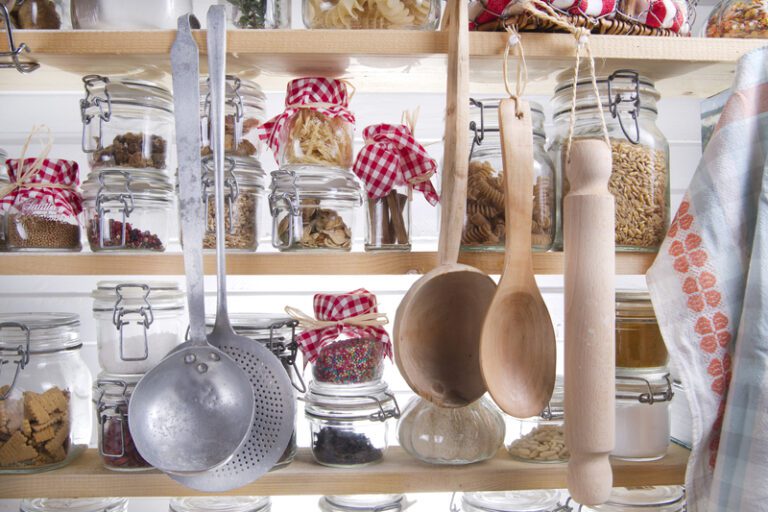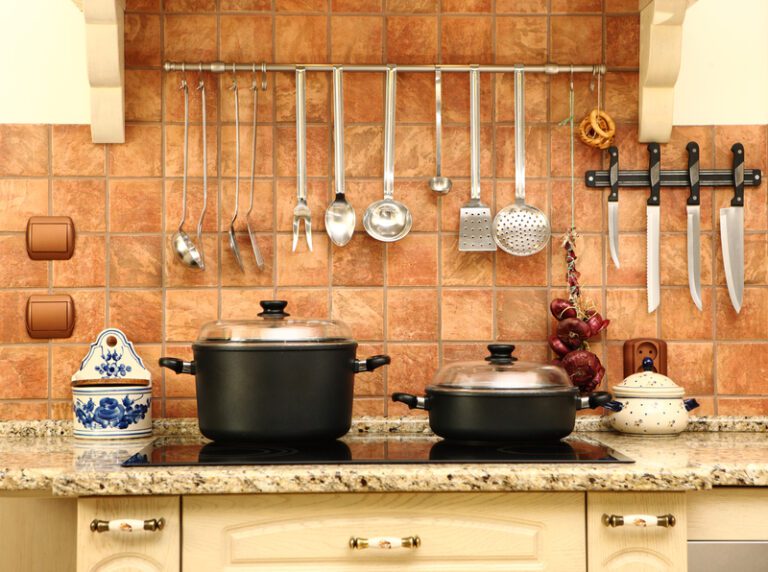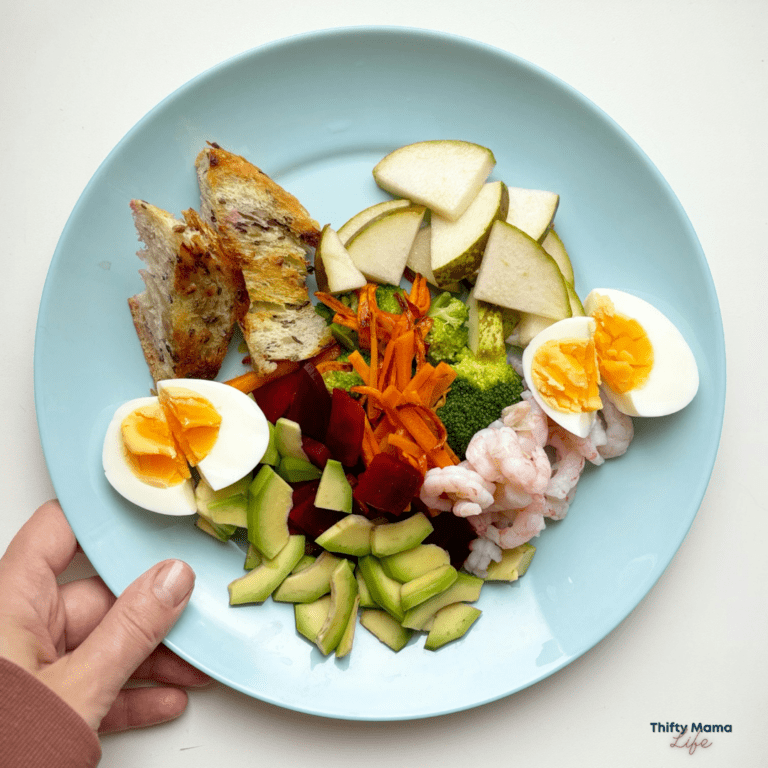Some of the links in this post are affiliate links. This means if you click on the link and purchase the item, I will receive an affiliate commission at no extra cost to you. All opinions remain my own.

Gardening is a fantastic hobby. Not only does it get you outside so you can enjoy the benefits of moving and being outdoors, but it also gives you a chance to grow your own food so you can supplement your grocery trips and meals with fresh, homegrown produce. At least, it would if your plants stopped dying. Do you know what the culprit is?
The Weather
Garden plants are meant to grow outside, so they should be able to stand up to outdoor conditions, right? Unfortunately, that isn’t always the case. Bad weather can take a toll on your garden. Scorching hot, dry days, freezing temperatures, and wet weather for days on end can all end up killing your garden plants.
You can protect your garden from weather damage by ensuring it gets the right amount of water and sunlight–not too much or too little. Have a way to shelter it from cold temperatures in the event of an unexpected freeze.
Garden Pests
No matter where you live, you’re bound to encounter garden pests at some point. Some garden pests use your plants as food. Others find shelter in them. Either way, they’re causing damage that will weaken your plants and harm their health.
Aphids can cause your plants to become diseased. Caterpillars and slugs can be bad news too. Find ways to attract garden-friendly bugs like ladybugs, spiders, praying mantises and green lacewings that prey on garden pests. Certain plants are also repulsive to some garden pests, making them great inclusions in your garden.
Planting Season
Part of your problem could be when you’re trying to plant. Garden plants need certain conditions to grow well. Everything from sun exposure to water levels to soil temperature matters and impacts how well your plants can grow, and all of those are things that change with the season. Not all garden plants grow in all seasons. Find your garden planting zone and check the growing season for different plants in your area so you know when the best time to plant your garden inclusions is.
Even the hardiest garden plants will suffer without the right growing conditions. Growing a successful garden is a labor of love. It requires thoughtful planning and tending. Take time to carefully research the plants you want to grow so you know what conditions they need to thrive. If that’s still not enough, consider getting your soil tested. After all, plants need nutrients to grow too!
Did you enjoy reading this article? Here’s more to read: Why You Should Put Plastic Over Your Child’s Mattress





